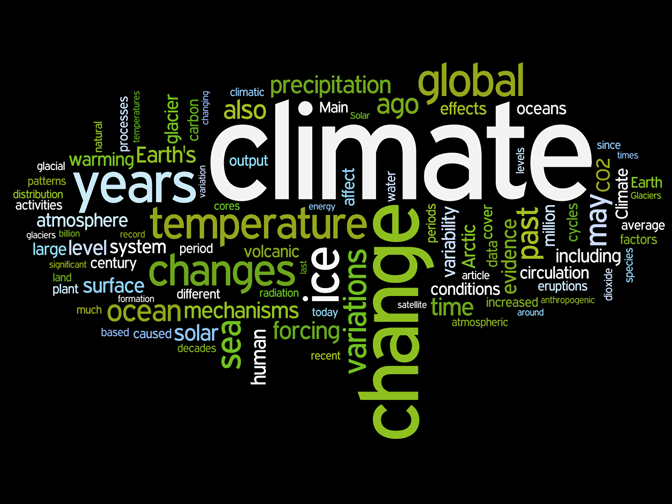

How can we best communicate what we know about climate change?
The question matters because there is a broad consensus on three points: climate change is real; it has a number of potential impacts on society; and part of current climate change is almost certainly the result of human activities.
But the answer depends on a range of other questions. To start with, who are ‘we’: climate scientists, research institutes, meteorological services, governments, journalists, educators...? What exactly do we know about climate change, with what degree of confidence? Who is our audience? And what channels of communication are open to us?
Finally, how can we present scientific results accurately and in a way that is relevant and accessible to the target audience? Are words and numbers enough? What scope is there for visualization?
These are some of the issues on the agenda of a meeting of expert communicators in Brussels on 16 and 17 June. The workshop on communicating climate information has been organised by Sustainability Consult on behalf of ECMWF. It is part of the preparations for the EU-funded Copernicus Climate Change Service (C3S), which is being implemented by ECMWF.
C3S will provide authoritative and quality-assured information about the current, past and future climate. It will do this by developing a one-stop shop where all the information available today will be brought together and made accessible to policymakers, climate scientists and businesses.
This will require not just expert scientific input and validation but also effective ways of conveying the information to users. It will require answering the climate change communication question.
Image: Word cloud of Wikipedia entry on climate change, produced using wordle.net
